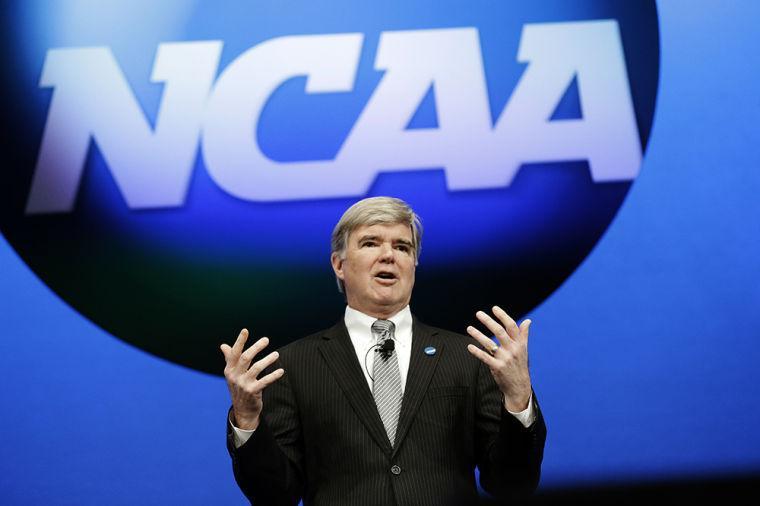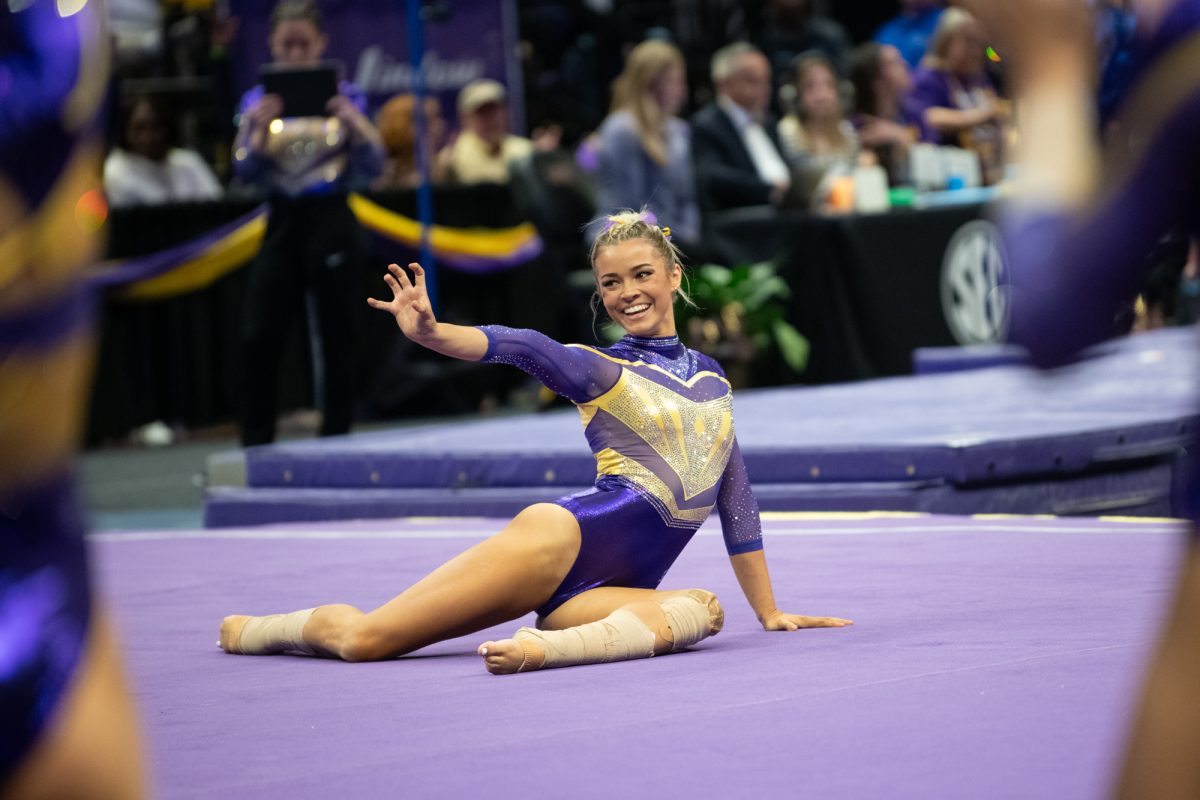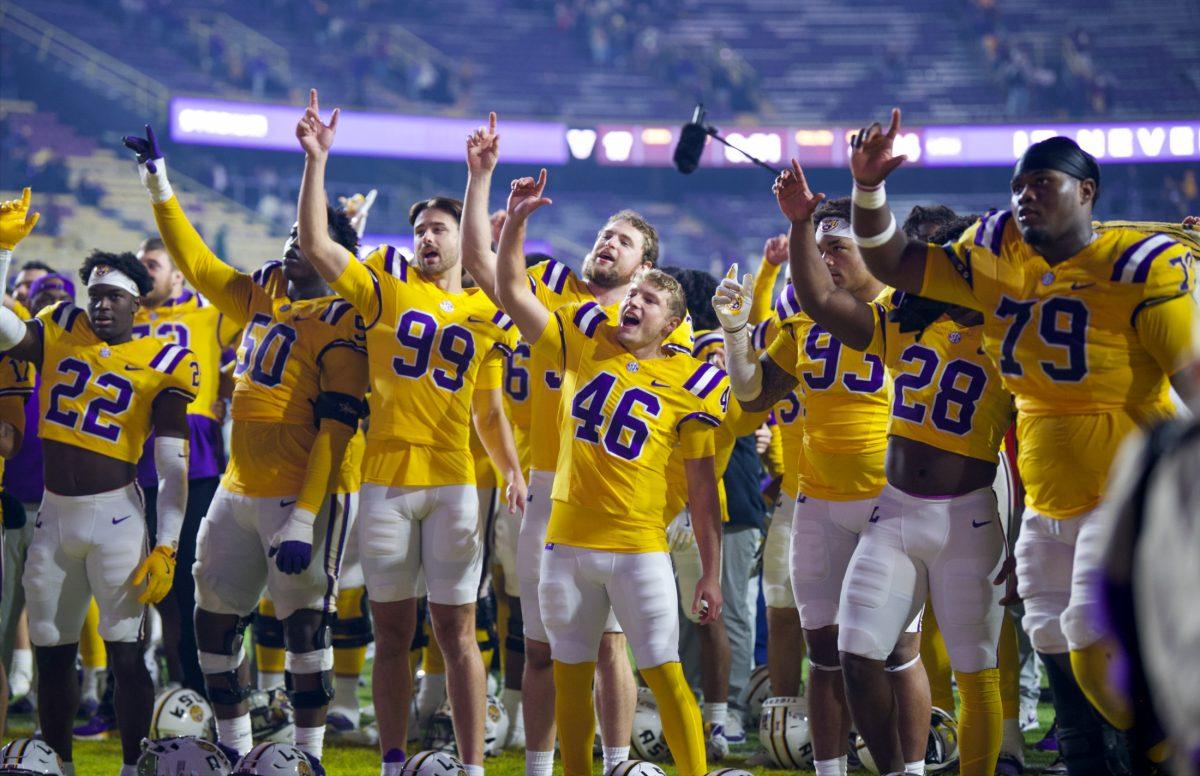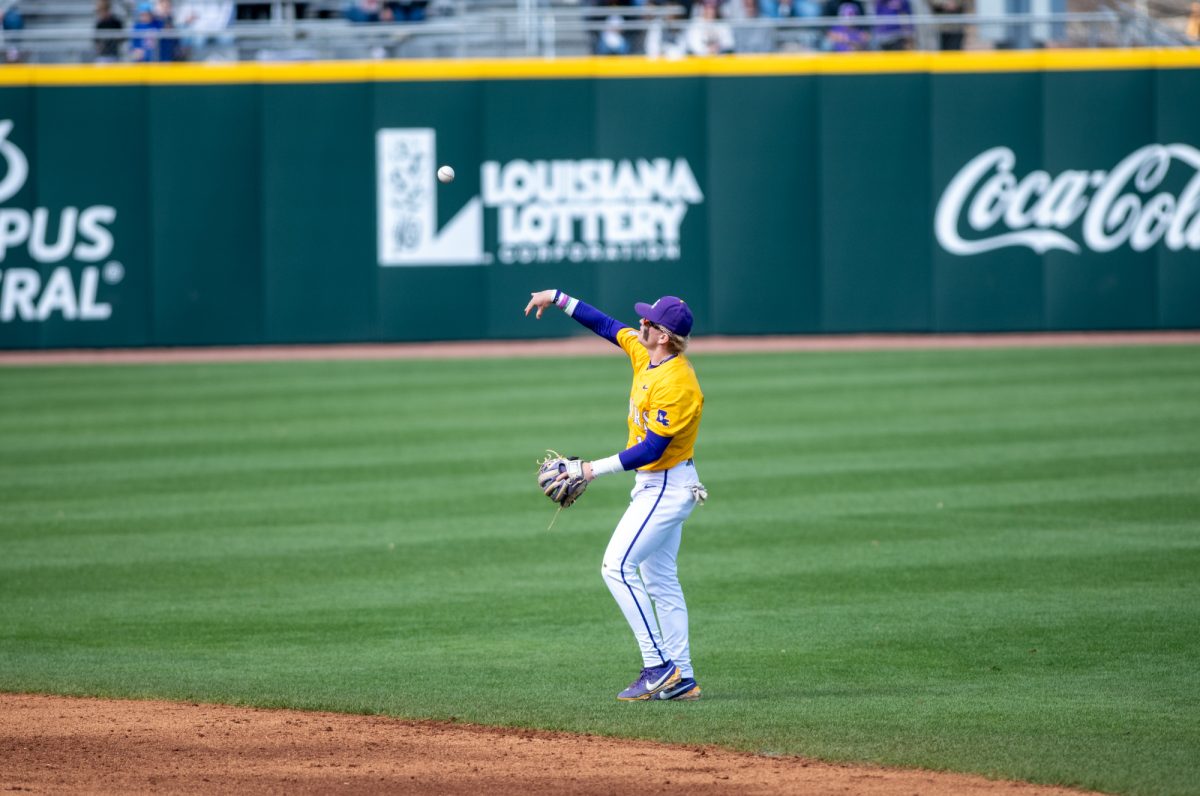The NCAA has become a circus, and President Mark Emmert is the clown wearing a big red nose.
An agency designed to regulate and enforce the rules of college sports is now being pointed to and laughed at by the schools under its watch.
What was supposed to be an investigation of University of Miami and former booster Nevin Shapiro involving cash and trips to strip clubs he gave to Hurricane players for almost a decade turned into the NCAA instead reviewing its own enforcement staff.
Shortly after the NCAA launched its detective work into the Shapiro case, it was revealed in January the NCAA paid Shapiro’s lawyer $19,000 for additional information obtained via her subpoena power in the case.
Now the NCAA can’t use any of the information acquired, which is 20 percent of the total evidence it has on Miami.
Emmert then fired his vice president of enforcement, Julie Roe Lach, holding her accountable for the failed plan to collect more information on Shapiro around NCAA bylaws.
The NCAA’s wrongdoing in the Shapiro case is just the tip of the iceberg. Ever since Emmert took over in November 2010, the NCAA has been a colossal mess.
It passed legislation in October making head coaches on college campuses liable for what their assistants do. Apparently, Emmert didn’t get the memo.
North Carolina and Penn State were punished because of former head coaches Butch Davis and Joe Paterno’s ignorance to what was happening around them.
Yet, when the tables turn on the NCAA and it’s brought under scrutiny, Emmert uses unawareness as his defense.
“I knew nothing,” has been Emmert’s response to the numerous bonehead tactics employed by his own enforcement investigators.
Coaches are held accountable for not maintaining an atmosphere of compliance. So why isn’t Emmert?
There’s no standard set in place when it comes to dealing with NCAA infractions. Take the cases of UCLA freshman Shabazz Muhammad and University of Texas sophomore Myck Kabongo.
Kabongo was suspended for the first 23 games of the 2012-13 season for accepting airfare to Cleveland, Ohio from former Longhorns teammate Tristan Thompson in October 2012. The grand total of cost for his trip? A whopping $476.
The Longhorns’ best player finally played in his first game on Feb. 13 against Iowa State. By then, Texas’ record was 10-13, which most likely leaves it out of any kind of postseason tournament.
At UCLA, Muhammad was investigated for receiving approximately $1,600 in benefits on visits to North Carolina and Duke paid for by financial adviser Benjamin Lincoln. His family said Lincoln was a family friend and he asked the NCAA for approval before paying for the visits.
So what was Muhammad’s penalty from the NCAA?
Because he had to sit out of UCLA’s first three games of the season, the NCAA reinstated Muhammad on Nov. 11 with no further penalties. The Bruins are currently 19-7 and should find themselves in the Big Dance come March thanks much in part to Muhammad’s 18.5 points per game.
Sounds fair, right?
It turns out the NCAA was trying to save face again with its inquiry into Muhammad’s situation. In December 2012, the NCAA fired the lead investigator of the Muhammad case, Abigail Grantstein, after her boyfriend was overheard on a plane talking loudly about the case.
So was Muhammad actually cleared of wrongdoing, or did Emmert and his goons just want to cover up one of its lead investigators’ boyfriends who told an entire airplane about an ongoing NCAA case?
A review of the external NCAA enforcement had many casualties like Roe Lach, and of course, Emmert escaped unscathed.
Yet another example of how Emmert holds universities to double standards but doesn’t feel the need to impose on himself.
Say one thing, do another, has become Emmert’s bread and butter, which is bad news for the NCAA and its credibility going forward if he doesn’t resign.
Micah Bedard is a 22-year-old history senior from Houma.






